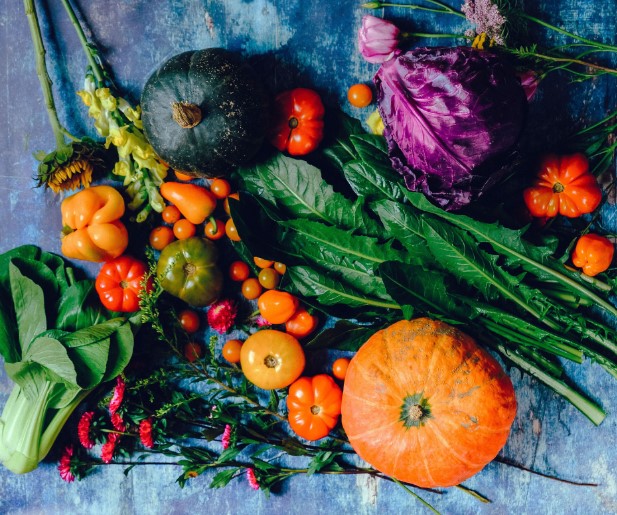You have been told from a young age, “eat your vegetables!” Even today, the command still holds true.
Why are eating veggies so important? How do you increase your vegetable intake?
Why you should eat your vegetables
Vegetables are full of vitamins, minerals, antioxidants, and fiber. These keep your body both healthy and satiated between meals. Vegetables also have many health benefits that include and are not limited to improving digestion, lowering blood pressure, decreasing the risk of cancer, improving blood sugar control, and improving your immune system.
Veggies are weight loss friendly too. In general, vegetables are low in calories and are very filling due to their high fiber content. Instead of eating a very large meal without veggies, eating a regular portioned meal with vegetables will put you at a natural calorie deficit, will provide more nutrition, and keep you fuller longer.
Tips to Eat More Veggies
- Go to the grocery store every week to make sure you have veggies on hand. Always buy lettuce and two additional veggies to make a quick, simple side salad to accompany any meal.
- Add additional veggies to a recipe. Finely chop veggies to add to recipes and you won’t even realize they are there! Some of my favorite vegetables to add to recipes are onion, bell pepper, zucchini, squash, mushroom, and jalapeno.
- Add greens to a smoothie. I like adding spinach or kale to smoothies for an added punch of nutrition.
- Cut up veggies when you get home from the grocery store. If your goal is to snack on veggies or add them to recipes, you are more likely to actually do this if your vegetables are cut and ready to go. The goal is to make eating veggies as easy as possible. No more buying veggies and letting them rot in your fridge!
- Make a batch of sheet pan veggies. Sheet pan veggies require little work and they are great to add to meals and recipes throughout the week. Set the oven to 425, mix veggies with olive oil, salt, pepper, and other seasonings, and roast for about 17 to 20 minutes (or until the desired doneness). Plan out sheet plan veggies at the start of the week or make them with all the leftover veggies in your fridge to prevent waste.
- Stock up on frozen veggies. Microwave frozen veggies, add your seasonings, and you have veggies ready in 5 minutes! I always keep frozen veggies on hand for convenience meals and when my fresh produce is low.
No matter what your goals are, eating a variety of vegetables is always a good choice. There is no one “best” vegetable; a variety of different vegetables consumed is best. The Academy of Nutrition and Dietetics recommends that adults eat a minimum of 2.5- 3 cups of veggies per day.

